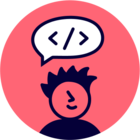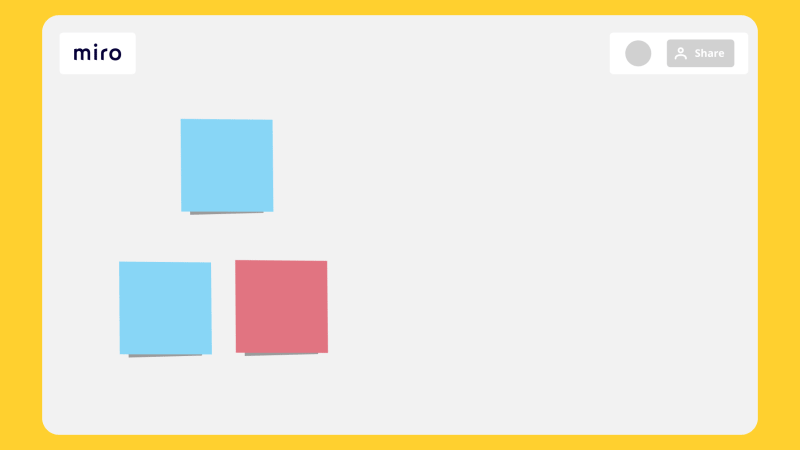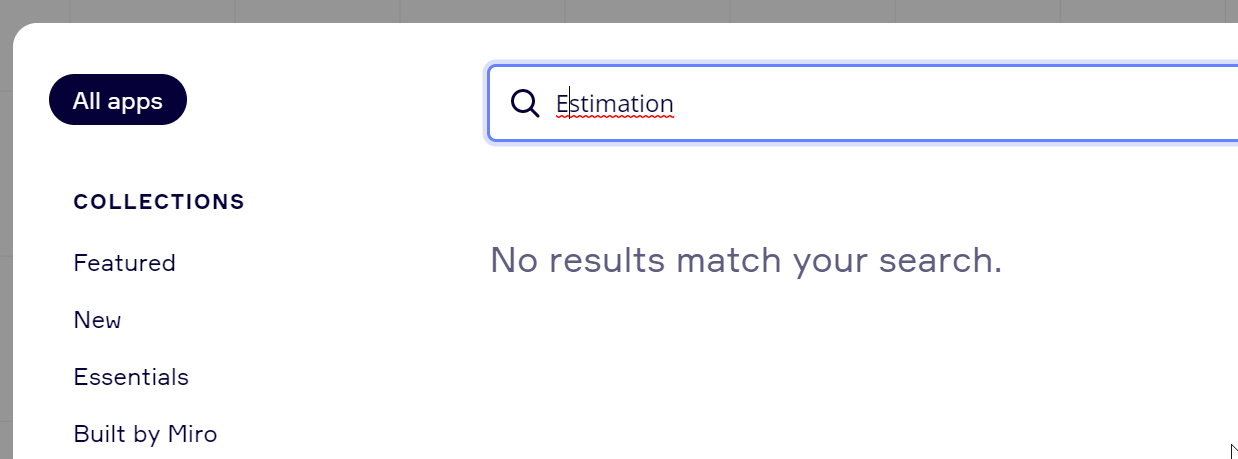Hi Miro Community,
We’re so excited to let you know that the Estimation app is now available to all users on paid plans!
The estimation process is designed to help your team predict the amount of effort required to bring a project across the finish line ― often used in Agile product development practices.
Our new Estimation app lets you add more to structure the process, increase the accuracy of your estimates, and gives everyone a voice with votes.
-
Create Miro sticky notes and cards, or bring Jira development tasks onto a Miro board to make it easier to estimate, and add design files or diagrams for more visual context
-
To make the estimation process more inclusive, give everyone an opportunity to cast a vote, empowering individuals and sidestepping the bias of group thinking
-
Once voting is done, you can start an agreement session to go through results and focus on the tasks where team members disagree
-
Remove the hassle of manually updating estimates in Jira and sync them with the click of a button
Visit this Help Center article to learn more and don’t forget to let us know what you think once you’ve tried it!
Happy estimating,
Jenny







